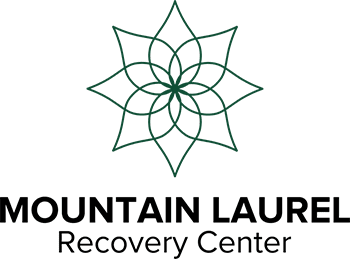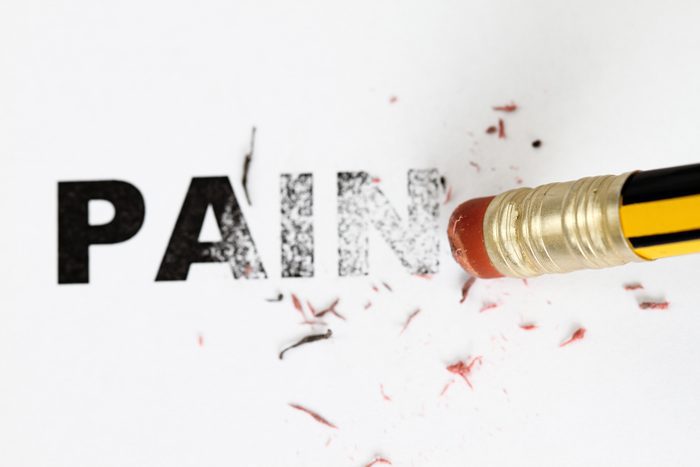 How one is raised plays a fundamental part in how they live as adults.
How one is raised plays a fundamental part in how they live as adults.
It is estimated that more than 28 million Americans are children of parents who are addicted to alcohol or drugs. Of that number, nearly 11 million are under the age of eighteen. When a child is raised by a parent or parents with addictions, they are not only more likely to develop an addiction of their own, but they may also grow into adulthood with many unresolved issues.
Growing up with a parent who is stuck in an addiction causes a child to be confused. The child wonders what they did to cause their parent to drink or to get high. The child may be embarrassed by their parent. The household may have no schedule that the child can depend on, such as regular mealtimes, bedtimes, etc. The child may have anxiety about speaking to the parent about anything for fear of how they will react if high or drunk. This may eventually lead the child, as they grow older, to seek love in inappropriate places.
Some ways to overcome resentment of what our parents did or how they treated us when they were in their addiction is to forgive. Holding resentments and anger in our hearts hurts us more than it hurts the other person. Forgiveness is something we need to do for our own emotional well-being.
Here are some things to remember that forgiveness is not:
➢ Forgiveness is not saying that their behavior was okay.
➢ Forgiveness does not necessarily mean reconciliation of the relationship.
➢ Forgiveness does not mean denying that you were hurt, embarrassed, or angry.
➢ Forgiveness does not mean that you have to forget what happened to you.
Anger can be a healthy emotion at times. It awakens something in us that will keep us away from danger. It may bring to light a wrong done to us that we used to accept in our lives. But, when anger turns into resentment (living the pain over and over again), we are hurting ourselves because someone hurt us. Therefore, finding a way to forgive is essentially a selfish act. It does not let the other person off the hook; it lets us off the hook for continuing to feel bad about the way we were treated.
If you are tired of being angry, then you are ready to forgive. Some steps that may be helpful are:
- Become educated about addiction – This will help you realize that it was not your fault, nor was there anything you could do to stop your parent from using. If you can see things from their point of view, you may see that they do love you and did not mean to hurt you.
- Let go of the past – We cannot go back and redo the past. If your parent has since gotten sober, let the past go. Even if they are still in their addiction, there is nothing you can do about what happened in the past. Holding on to it gives the pain power and continues to hurt you.
- Life lessons –Think of the lessons you learned from your past. Maybe your parents’ behavior showed you what not to do in your parenting. Take what you have learned and apply it to your life in a positive manner.
- Forgive yourself – This may be the most difficult of all. Not forgiving ourselves when we feel as though we have failed our loved one, either by enabling them to continue what we knew was wrong, or by being angry and keeping them out of our lives totally, does not help us to grow. Feeling bad about ourselves and choices we made in the past can lower self-esteem and cause depression. Remember that we all do the best we can at the moment with what we have to work with. Forgive yourself.
Al-anon teaches the three C’s:
- We did not cause our loved one’s addiction.
- We cannot cure their addiction.
- We cannot control any one else’s addiction.
The only thing we can control is our reactions to what life brings. Forgive. Heal your self. You are worth it!

 How one is raised plays a fundamental part in how they live as adults.
How one is raised plays a fundamental part in how they live as adults.